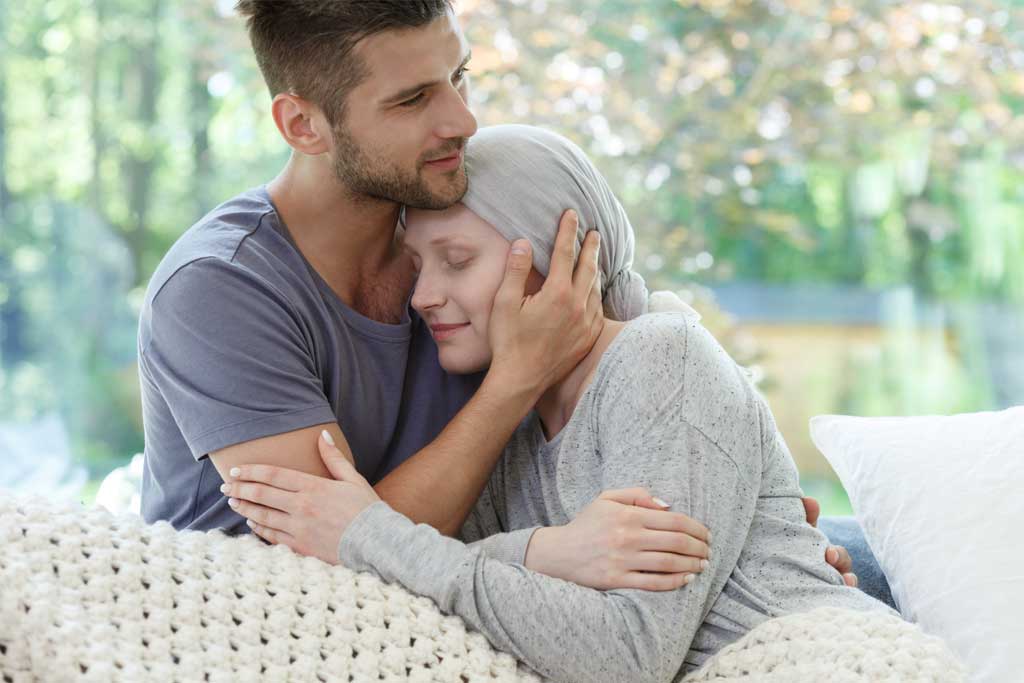Cancer has become one of the most common diseases in the world today. Although it can be extremely difficult dealing with this diagnosis, there are things you can do to cope with it.
Here are 4 powerful coping techniques for cancer patients.
1. Educate yourself
A cancer diagnosis comes with a lot of new information. The diagnosis and the number of life changes that come seemingly all at once can make you feel totally out of control. Educating yourself about cancer and your diagnosis, however, is an effective way to regain control over your situation.
Ask your doctor about cancer. Do not be afraid to ask specific questions about your diagnosis. What kind of cancer do you have? What are your treatment options? How long can it take to complete treatment? What are some ways that you can prepare for the treatment? How can I prepare financially for my treatment? These are some examples of what to ask your doctor who is there for your benefit. Get the most out of your doctor, and use their expertise to better understand your circumstance.
By gaining a better understanding of what you are facing, you can begin to regain control, giving you a renewed sense of hope and confidence. This is a key coping mechanism when faced with a cancer diagnosis.
2. Have a daily routine
The National Cancer Institute suggests that keeping a routine can be a great way to cope with a cancer diagnosis. You need to be sure to not let cancer take over your life. When you are first diagnosed, it can be easy to feel overwhelmed. While your time or energy may be limited based on what kind of cancer you are diagnosed with, you must maintain as much of your daily routine as possible.
If able, try to maintain your normal work schedule. Perhaps you could begin an exercise routine, find a new hobby, create new goals for yourself, or re-evaluate your priorities. This will allow you to set your sights on something you want to accomplish once you finish your treatment. Try to schedule in times to have fun, whether through enjoyable activities or trips. This is a very important step to taking control of your life during this time and coping with your recent diagnosis.
3. Maintain a healthy lifestyle
Research has shown that regular exercise and a healthy diet can improve your overall quality of life. Many who are being treated for cancer will experience major changes in their body. The National Cancer Institute suggests that these changes can cause people to have negative feelings about their self-image.
Eating healthy foods and exercising can help you maintain a positive self-image and will help you feel better while undergoing treatment. Diet and exercise will improve your overall health and wellness which can help your body combat cancer. The Mayo Clinic reports that “people who maintain some physical exercise during treatment not only cope better but also may live longer.”
Exercise, diet, getting plenty of rest, and participating in enjoyable activities are all great ways to maintain a healthy lifestyle while being treated for cancer.
4. Have a support group
Cancer can cause you to feel isolated. Many patients even experience guilt or shame from feeling that their lifestyle choices may have caused their diagnosis. Others may struggle with the idea of needing help while undergoing treatment. Although these feelings are certainly normal, you must allow loved ones to help you.
Surround yourself with good, positive people who can help during your treatment. This will allow you to talk about your diagnosis and how you feel, giving you an outlet to express yourself positively. Be willing to accept help from family members, neighbors, church members, or others willing to assist you.
You could also find a support group online through social media, allowing you to connect with others with whom you share similar experiences. Talking to friends and family, asking for help, and connecting with a support group are all critical to successfully coping with cancer.
For more information
You are not in this alone. If you or a loved one need more information about coping with cancer, then contact ARcare today. Our staff will provide you with the information you need and help you set up an appointment at a local clinic in Arkansas.
